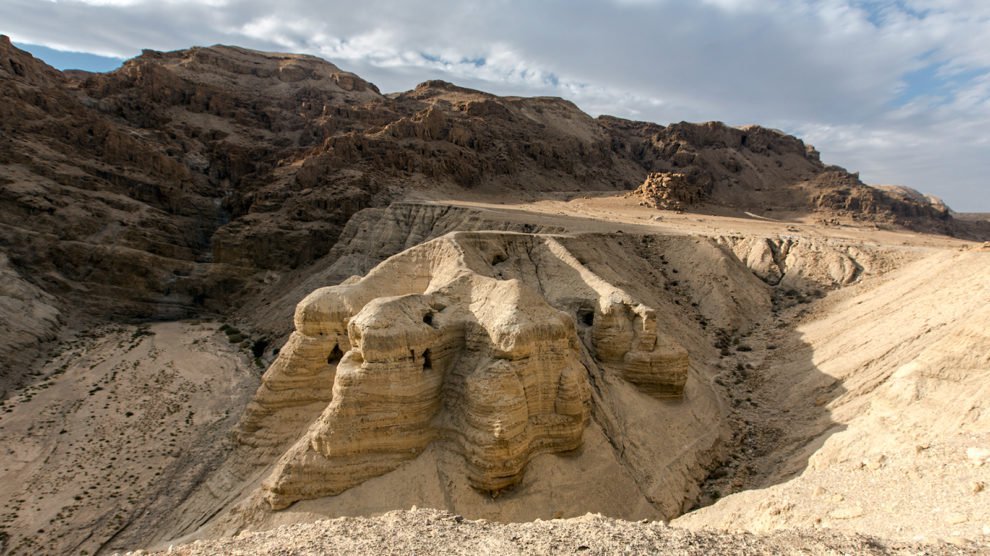When pieces of ancient pottery and never-before-seen scroll fragments began making their way to the antiquities black market a few years ago, archaeologists suspected that looters had found a new cache of Dead Sea Scrolls.
Determined to discover and protect whatever scrolls might still be hidden in the parched Judean desert, a joint team of archaeologists from the Hebrew University of Jerusalem and Liberty University in Lynchburg, Virginia, began excavating some of the unexplored caves near Qumran, where all known Dead Sea Scrolls were found in the 1940s and 1950s.
“The concern was that the caves were being ransacked by locals who were illegally selling them,” said Randall Price, a professor of Biblical and Judaic studies at Liberty University and co-director of the excavation, which began three years ago. “The Geneva Convention permits salvage excavations to try to recover items before they’re lost to history.”
If and when Price’s team unearths additional Dead Sea Scrolls or other artifacts, both Palestinians and Israelis will be sure to claim ownership.
The question of ownership comes at a particularly sensitive time in Israeli-Palestinian relations. Palestinian leaders have stepped up their bid for statehood by claiming that Jews are colonial invaders to the region and denying Jewish religious or historical ties to the West Bank and East Jerusalem. Israeli leaders counter by arguing both territories were parts of the biblical land of Israel, according to the Hebrew Bible.
Read the article by Michele Chabin in Sight Magazine.

